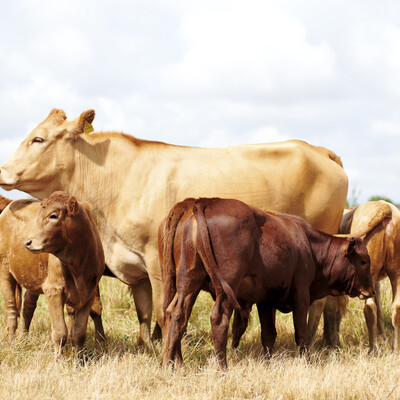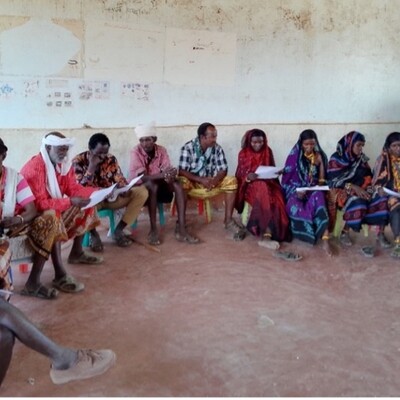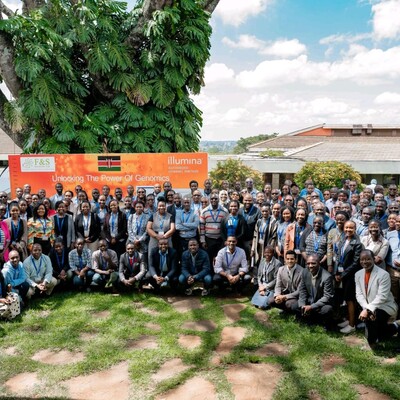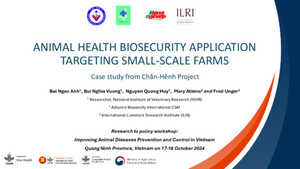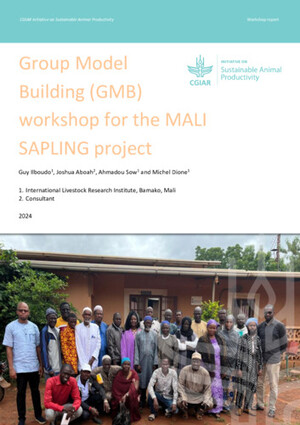
Improved pig production and health in western Kenya
This project explores opportunities to improve rural pig farming in western Kenya. Small-scale pig farming is popular in this region and can serve as an important source of family income. Pigs kept are of local breeds that are either tethered or allowed to scavenge for food.Among the challenges that pig farmers in western Kenya face are inadequate feed supply and poor marketing.
There are commercial feeds that farmers could use to feed their pigs but these are expensive and thus unaffordable by many farmers. Alternative feedstuffs are available locally that farmers could use as pig feeds. The challenge, therefore, is how to formulate cheaper alternative pig feeds that combine commercial and local ingredients to improve the overall performance of the animals.
Local pork butchers are the main market channels for pigs, but farmers are often exploited by these buyers. There is no system in place for farmers to accurately determine the weight of the pigs at sale and thus get better value for their pigs. The commonly used method of estimating the weight by “just looking” at the pig is highly unreliable and provides biased weight estimates. The work is being implemented as a PhD research project for an ILRI Graduate Fellow, Florence Mutua, who is registered at the University of Nairobi, and a student at the University of Guelph.
Specific objectives
- Describe rural pig management practices in western Kenya and explore farmers’ beliefs, perceptions and attitudes towards rural pig keeping.
- Develop and validate weight estimation models for pigs using length and girth body measurements.
- Describe productivity indices for rural sows.
- Investigate the potential sources of pig feed, seasonal effects on feeding and feeding limitations.
- Compare the efficiency of the different pig feeding regimes (sources and frequencies) used by farmers.
- Develop a manual for training of farmers and local livestock and health officers.
- Assess farmer post-training uptake of knowledge on pig management, sow productivity and the pork tapeworm.
Expected outcomes
- Development of a weight estimation tool
- Capacity strengthening of local livestock extension staff
- Knowledge on feed sources and weight performance of rural pigs
- Baseline information on the reproductive performance of sows raised in western Kenya





